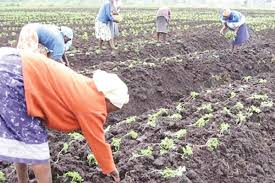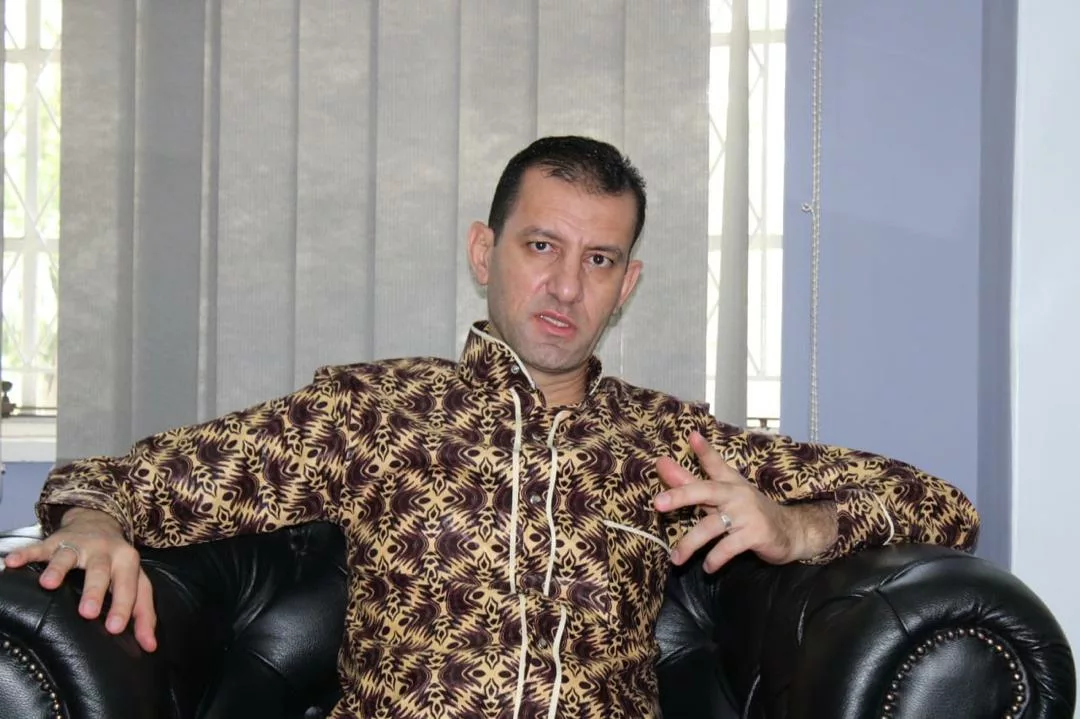By Byron Mutingwende
Members of the Rural Women’s Assembly (RWA) have said that there is still a long way to go for them in owning and controlling land in comparison to their male counterparts. The sentiments were revealed at a policy dialogue meeting organised by Women and Land in Zimbabwe (WLZ) held at Mandel Training Centre in Harare on Monday 28 November 2016.
“The dialogue is meant to assess the progress made so far in our quest to improve the women’s access to and ownership of land. We must admit that some of the challenges have been addressed but there still remains a long way to go. For the dialogue, we have engaged the ministries of land, agriculture, mines and the environment among others,” said Thandiwe Chidavarume, the WLZ Director.
The rural women present at the workshop shared the successes and failures they encountered in the implementation of some of the initiatives.
Besta Muswere, a Councillor from Chiundura in the Midlands Province said that the local leadership from her area had embraced dual ownership of land between the spouses.
“We have for a long time been calling for the names of both spouses and those of the children to be put on the land ownership documents. In Chiundura, there is a specific piece of land set aside for women that has come to be known as Madam. Even the land development levy is paid under a woman’s name and we are proud of that move,” Muswere said.
Muswere called for more transparency in the audits undertaken by the Land Commission and urged officials from the ministry of land to engage others for the task in situations where conflict of interest may arise.
The WLZ Chairperson, Virginia Muwanigwa implored the authorities to make the lands register public to conform to what happens in the housing sector.
Danai Mabuto, the Legal Officer of Transparency International Zimbabwe weighed in by encouraging openness in land allocations.
“We have received complaints of multiple farm ownership especially by the politically connected men yet the women, who form the majority of the population, have no access to land. If the land register was made public, corruption in the sector would be reduced,” Mabuto said.
The Land Bill proposes to set aside 10% of land to women but the women feel it is a piecemeal measure since they provide more than 70% of farm labour and are the majority in Zimbabwe.
The Constitution of Zimbabwe calls for the establishment of the Land Commission but its composition is skewed in favour of men in terms of numbers. As it stands there are only four women out of the nine commissioners, making the voice of women almost insignificant when voting for changes.
Chiwe Shiri from Makoni thanked WLZ and its partners for training women on conservation agriculture to respond to the challenges brought about by climate change.
“Zero tillage, water harvesting and growing of small grains have proved to be useful in capacitating us to positively respond to the effects of climate change. We also thank mobile phone operators like Econet which through the Eco-farmer programme provide us with farming knowledge,” Shiri said.
The women called for the establishment of irrigation projects targeted for women. Shiri said that the plight of the women from Chigondo in Wedza District had improved after they were allocated land under irrigation. She added that nutritional gardens had also improved food and nutrition security.
However, the women are still struggling with accessing the markets of and processing of small grains.
There was the need to improve climate finance governance in areas rich with forests, especially under the Reduction in Emissions from Deforestation and Forest Degradation (REDD+) project where carbon credits are sold by investors.
Related with corruption was the issue whereby a company named LASH swindled farmers of their hard-earned cash through a botched contract farming scheme.
Beauty Fambai from Makonde in Mashonaland West Province said that most women sold their livestock for eligibility under the deal but authorities had done nothing to help them recover from their losses.
That situation had also led to suspicion over the command agriculture programme, which seemed to favour established farmers with links to the ruling party Zanu PF.
Thabani Chuma from Ward 16 in Gweru called for the harmonisation of mining and agricultural laws. She bemoaned the environmental degradation by artisanal and small-scale miners who seemed to abuse the perceived powers of mining rights over agricultural rights.
However, an official from the Ministry of Lands and Rural Resettlement, Aleck Chilonga read out parameters within miners were supposed to do their work on agricultural land to avoid disputes.






